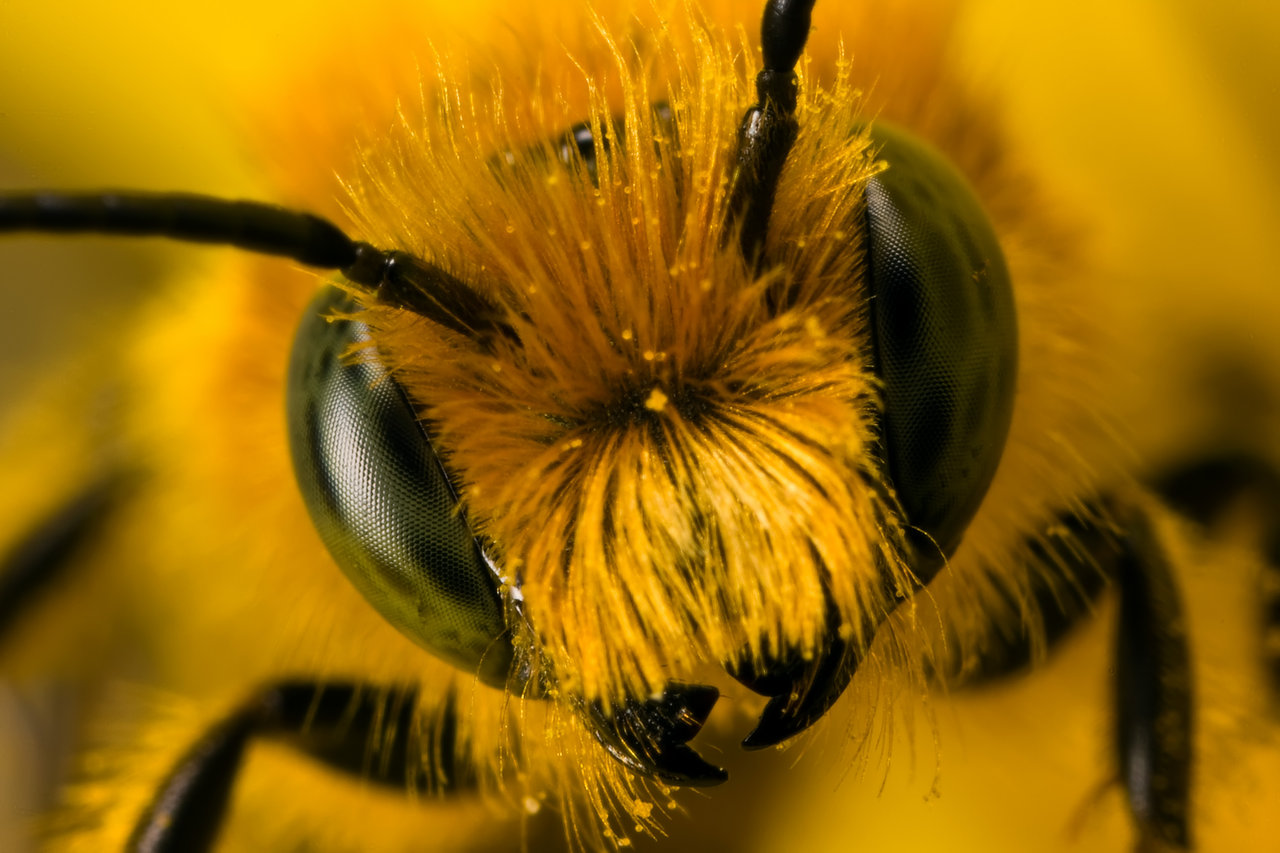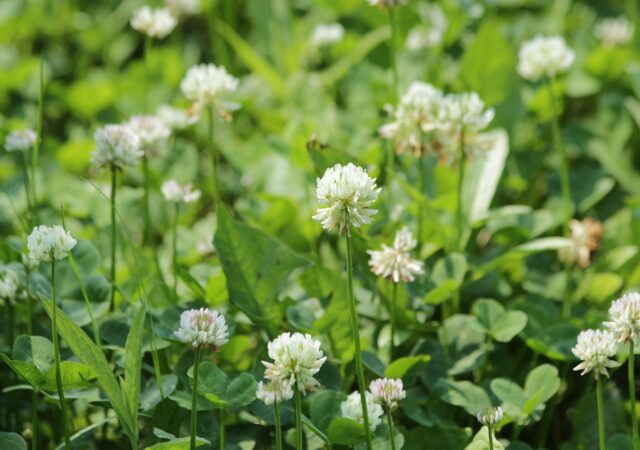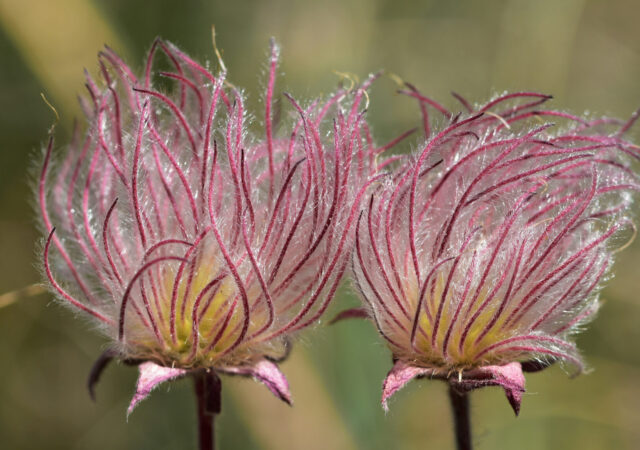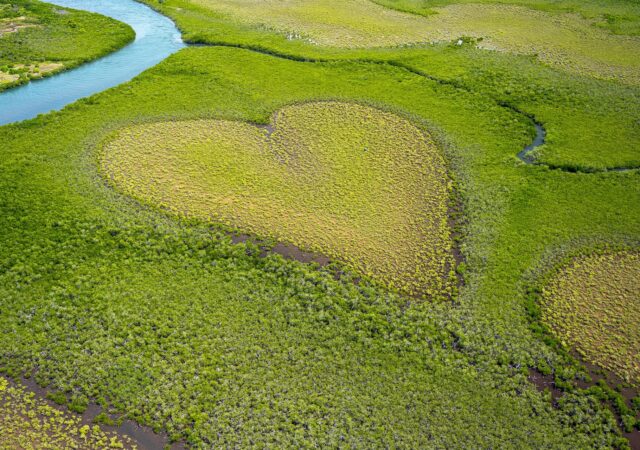At Sunnyside Gardens, we’ve always loved planting flowers that attract beautiful butterflies and hummingbirds—but now, we’re turning our focus to one of the most important pollinators in our ecosystem: bees. Supporting these essential garden helpers isn’t just ethical—it’s a simple way to promote a healthy, thriving garden.
Why Bees Need Our Help
Bees rely on both nectar and pollen to survive. Nectar, the sweet fluid produced by flowers, provides energy, while pollen serves as a crucial source of protein—helping to feed young bees and build honeycombs. Many perennials that attract butterflies and hummingbirds also serve as excellent food sources for bees, making it easy to create a garden that benefits all of nature’s pollinators.
The Best Plants for Pollinators
A well-planned garden can provide pollen and nectar throughout the seasons, supporting bees from early spring to late fall. Here’s what to plant for an eco-friendly, pollinator-friendly landscape:
- Early Spring Bloomers: Agastache (Hyssop), Nepeta, Dianthus, and Geraniums (Cranesbill)
- Mid-Season Favorites: Asclepias (Butterfly Weed), Coneflower, Black-Eyed Susan, and Liatris
- Late-Season Must-Haves: Sedum and Asters—key for bee survival through winter
Build a Thriving, Sustainable Garden
By adding just a few of these bee-friendly perennials to your garden, you’re not only creating a visually stunning landscape—you’re also making an eco-friendly choice that supports the health of local pollinators. Whether you’re planting in containers, raised beds, or full landscapes, choosing pollen-rich plants ensures a healthier environment for bees, butterflies, and hummingbirds alike.
Stop by Sunnyside Gardens for expert advice and a beautiful selection of pollinator-friendly plants—your garden (and the bees) will thank you!
Follow us on Social Media and subscribe to our Newsletters for even more tips!




